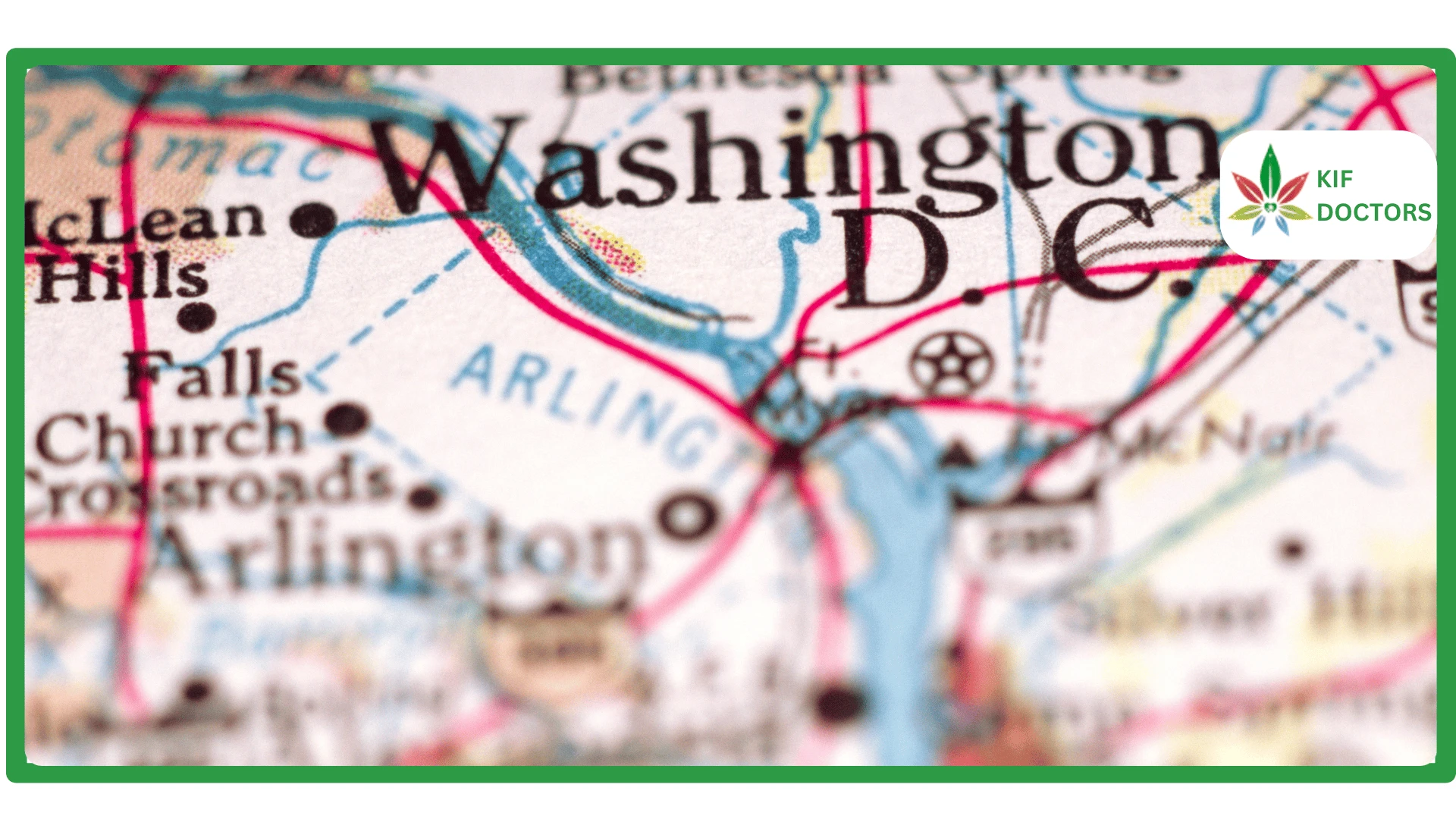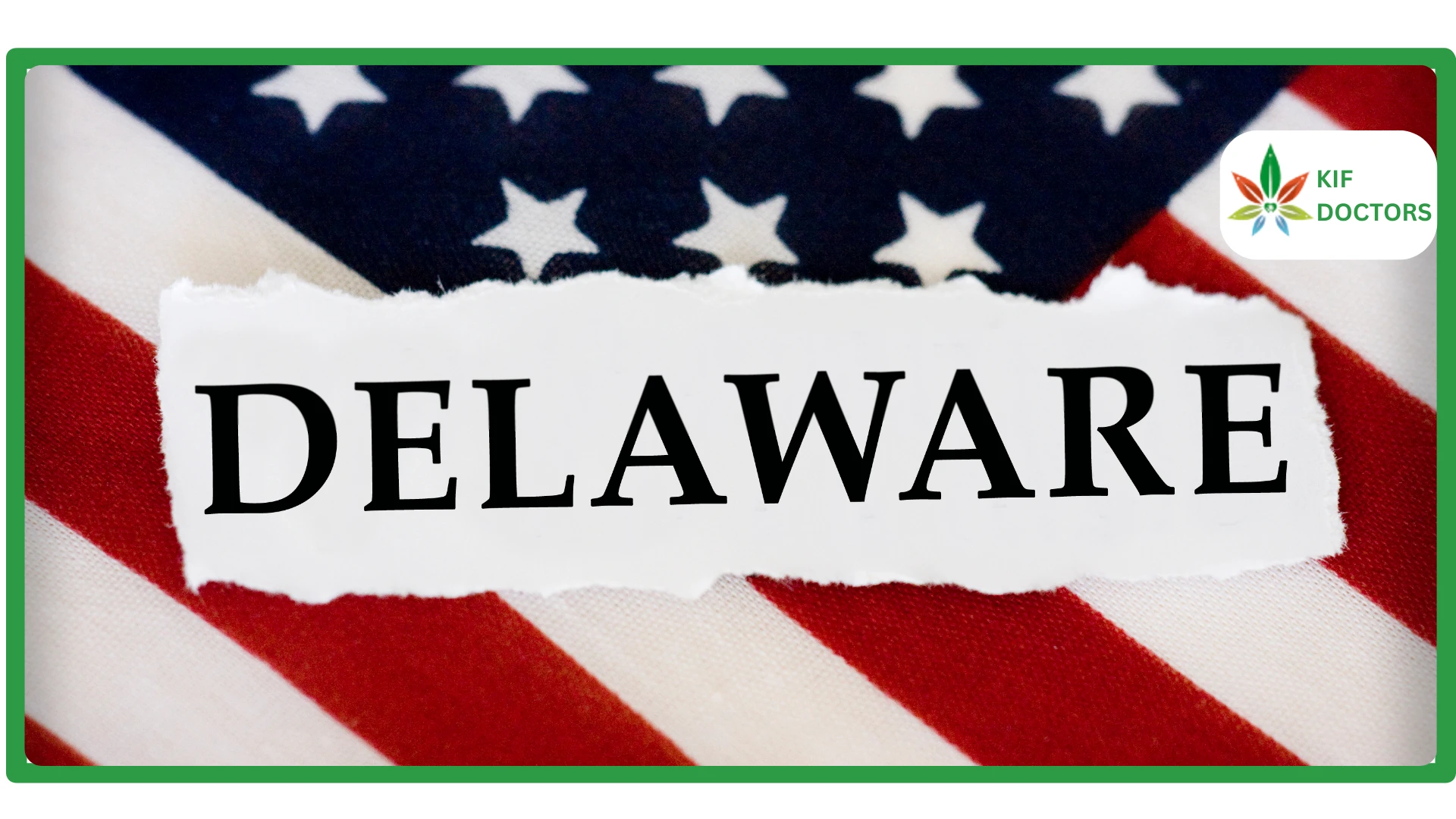The laws for marijuana in Texas are very strict and different from those in many other states. Recreational, or "just for fun," marijuana is not legal here. The state has a medical program, but it is also very limited. Many people are asking, How can I legally smoke marijuana in Texas? This guide will give you the real answer. We will explain the state's medical program and its important rules against smoking.
Recreational Marijuana and Smoking are Illegal
It is very important to understand this first. In Texas, there is no legal marijuana for recreational use. Having even a small amount of regular marijuana flower can get you into serious trouble with the law.
The state also has a very strict rule against smoking cannabis. Even if you are a medical patient, it is against the law to smoke it. The law only allows patients to use cannabis in ways that do not involve burning it.
The only legal program in the state is called the Texas Compassionate Use Program, or TCUP. This is not like the medical marijuana programs in other states. It is much more limited.
Understanding Low-THC Cannabis: What's Actually Legal?
So, what kind of cannabis is legal for patients in Texas? The state only allows something called "low-THC" cannabis. This means it has a very, very small amount of THC, which is the part of the plant that makes people feel "high."
Under Texas law, these products can only have 1% of THC in them. They mostly have CBD and other helpful parts of the plant. The goal is to give patients relief without a strong high. This is the key to understanding how can I legally smoke marijuana in Texas—the answer is you can't, but you can use these other legal forms if you have a prescription.
The Texas Compassionate Use Program (TCUP): Your Only Legal Path
The only way to legally use any kind of cannabis in Texas is to be part of TCUP. This program is for people with certain medical conditions.
A prescription from a special doctor is the only thing that protects you under the law. Getting a prescription through a medical cannabis doctor is the sole pathway to legal access in Texas. Without it, having any cannabis is illegal.
To get into the program, you must have a health problem that is on the state's approved list. The state has a growing list of qualifying medical conditions, including epilepsy, cancer, and PTSD.
How to Get a Low-THC Cannabis Prescription in Texas
Getting a prescription is a simple process. You can do it in three easy steps.
Step 1: Verify Your Condition
First, you need to make sure your health condition is on the official TCUP list. You can find this list on the state's website.
Step 2: Consult With a TCUP-Registered Doctor
Next, you need to talk to a doctor who is registered with the state to prescribe low-THC cannabis. The most secure and private way to get a prescription is through a telehealth consultation with the state-registered physicians at The Kif. They are experts in Texas's specific laws.
Step 3: Get Your Prescription Filled
After the doctor approves you, they will put your prescription into a secure state database. Then you can go to a special, licensed store called a dispensing organization to get your medicine.
What Legal Cannabis Products Can You Get in Texas?
The types of cannabis products you can get in Texas are very limited. They are all made to be used without smoking.
The most common products are tinctures and oils. These are liquids that you can swallow or put under your tongue. You can also find edibles, like gummies and lozenges.
It is very important to remember that you will not find smokable flower at a Texas dispensary. That kind of product is not allowed in the state at all. Even with low-THC, understanding the profile of different cannabis strains can help you and your doctor choose the best product.
A Note on Getting Your Prescription:
Navigating Texas law can be tough, but getting your prescription doesn't have to be. We offer instant approval from our TCUP-registered doctors to get you into the state's secure registry quickly. You can view our simple pricing plans and get started on our confidential platform today. It's the first step toward legal, safe relief.
Frequently Asked Questions About Texas Marijuana Laws
It is normal to have more questions about these strict rules. Here are some quick answers.
1.Can I grow my own cannabis in Texas?
No, you cannot. It is illegal to grow your own cannabis plants at home in Texas. Doing so can lead to very serious legal trouble.
2.What is the penalty for possessing marijuana flower?
Having regular marijuana flower is a crime. Depending on how much you have, it can be a misdemeanor or even a felony.
3.Are Delta-8 or other hemp products legal?
The rules for these products are confusing and can change. They are different from the TCUP program and from the laws about high-THC marijuana.
The Final Answer on Using Cannabis Legally in Texas
Now you know the most important rules for cannabis in Texas. Smoking is illegal, using it for fun is illegal, and the TCUP program is the only legal way to get it.
The legal landscape is clear: the only safe answer to how can I legally smoke marijuana in Texas is that you cannot, but you can legally use low-THC cannabis with a doctor's prescription. If you need help understanding the process, please contact The Kif.
Sources:
- Texas Department of Public Safety - Compassionate Use Program (CURT):
https://www.dps.texas.gov/section/compassionate-use-program - Texas Health and Safety Code, Chapter 487 (Texas Compassionate-Use Act):
https://statutes.capitol.texas.gov/Docs/HS/htm/HS.487.htm
 Since 2021, Kif offers a streamlined platform to get a medical marijuana card online. We have served more than 45K patients across the United States. Sign Up Now to get the right to use medical cannabis for your health condition without any delay.
Since 2021, Kif offers a streamlined platform to get a medical marijuana card online. We have served more than 45K patients across the United States. Sign Up Now to get the right to use medical cannabis for your health condition without any delay.
























